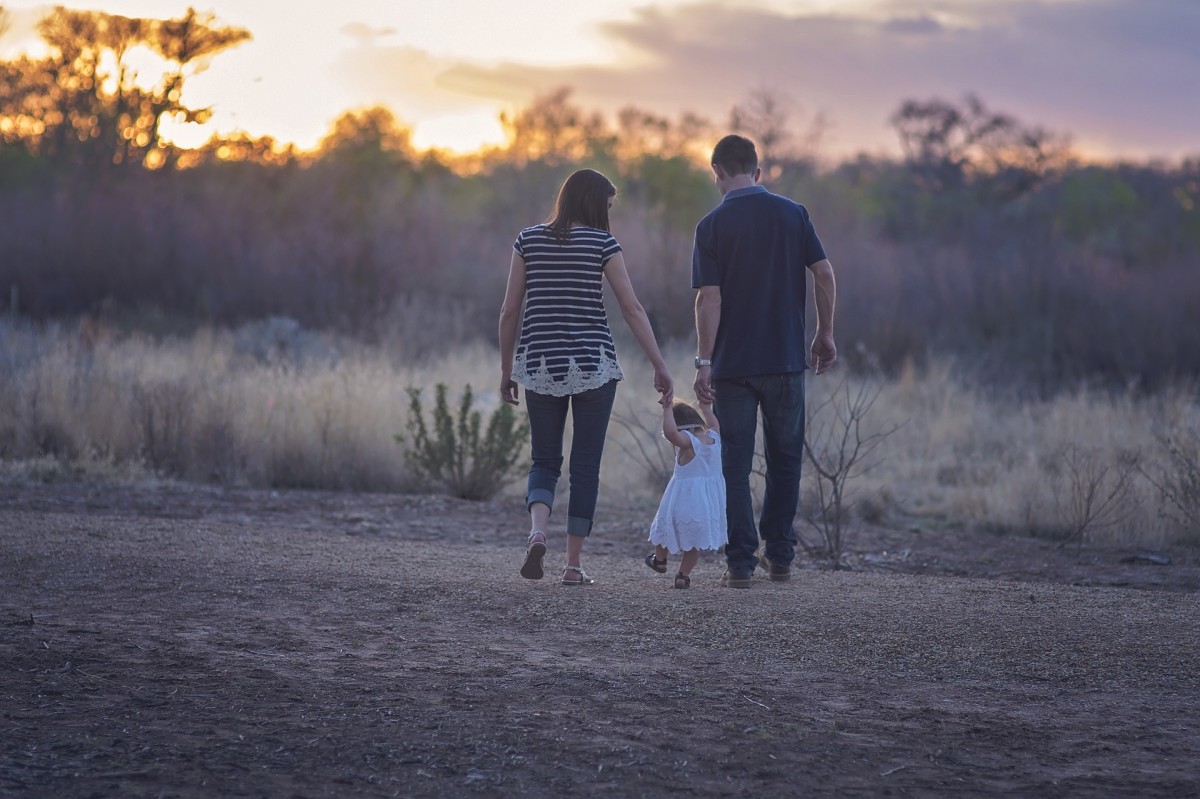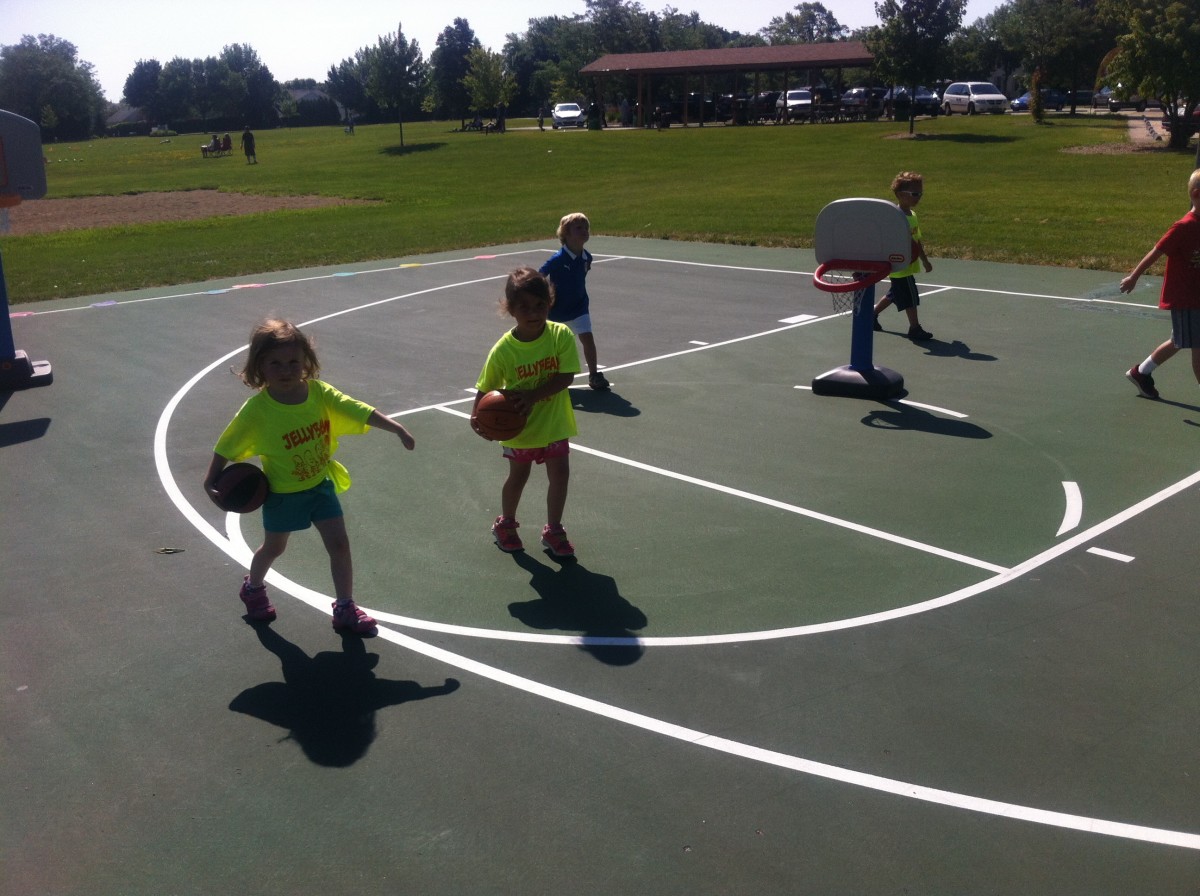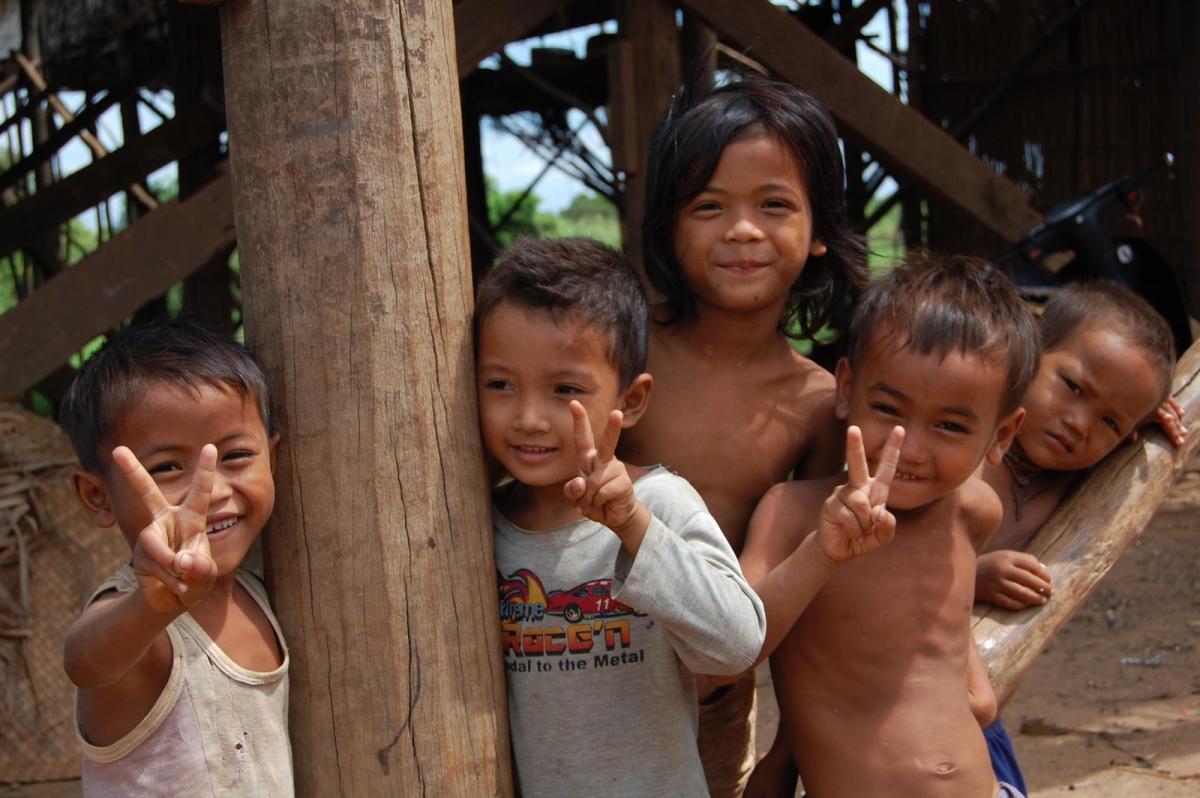How to support the children and the youth after a crisis event~



The shooting incident at Sandy Hook Elementary School in Newton, Connecticut shocked and saddened us. Our thoughts and prayers for the families and for those who died. I can’t imagine the sorrow and pain those families will have to bear for the rest of their lives, specially that it happened ten days before the advent season of hope and love.
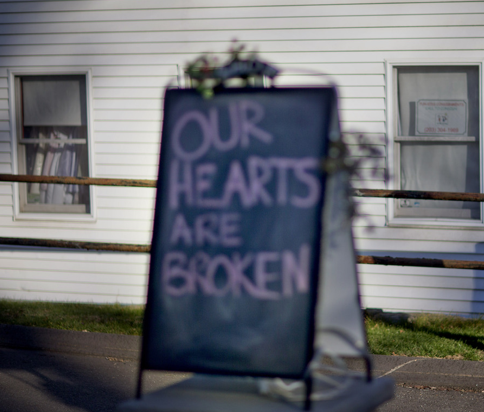
More on dealing with Fears~
- Dealing With A Child's Fear Of The Future
Children express fear about future and present events at younger ages. A parent can help them to overcome these fears through discussions and guiding them through caring techniques.
As we are all affected and in light of the event, this is the time to show our support to everyone especially in the entire school community. This is an important time for families and friends to come together and be the instruments in helping other children and youth understand and cope with the violence and loss of life.
But, how do we explain to our children and the youth that this kind of event is rather peculiar while the media is exaggerating every bit of information that they could in order to get the attention of the viewers. Our children have probably been told about how ugly and brutal the shooting was. At the same time, the accessibility of computer will make it more graphics for them to see how extreme the tragedy was. Images of disaster or crisis event can become overwhelming and with the easy access to media, they can even watch it repetitively.
Young children in particular may not be able to distinguish between images on TV and their personal reality. What would their reaction be seeing the graphics of the shooting? Some may display regression in their behavior upon learning of these upsetting circumstances. Be able to discuss what they see and help put it into perspective. They may have fears. A fear of separation or of darkness for example. They may have some unresolved feelings and that is why it is important to talk about the issues.
Violent incidents can change a person’s sense of security and while we continue to pray for all those affected by this recent school tragedy, here are some more practical tips for supporting the children and youth after a crisis event.
7 Ways to broaden the circle of care and love:
1. Spend time with your child – nothing is more valuable than to spend time with your child. As a family, it is always important particularly in difficult or sad times. Even if you’re not directly impacted by the incident, this is a good time to participate in and to appreciate family time. In doing so, you’re empowering the children by giving them the sense of stability and connectedness.
2. Listen and observe – Let the children talk, listen and observe their reactions. Let the children guide you to learn how concerned they are and see what they need. If you feel the need for more explanation, then sit down with the child and see how much information they need to understand the situation. If they are not focused on the tragedy, there’s no need to dwell any further. However, as young children may not be able to verbally express themselves properly, observe and pay attention to changes in their behavior or social interactions.

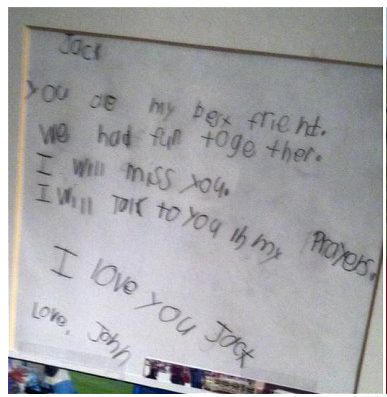
3. Be reassuring – children often take their emotional cues from their parents or any significant adults in their lives. They are also watching us and our reactions are most important. Be able to recognize that some children may be concerned that something bad may happen to them, to their family or friends. If this is the case, reassure the children. Explain the safety measures in place and let them feel your genuine support that you (and other adults) are there and will be there to take care of them. Do not over-react, be accepting and answer questions as simply and honestly as you can.
Most importantly, teach the children how to pray. Prayer is an act of worship and obedience. It is a way to acknowledge who truly is in control over our lives. Simply teach our children to speak to God--that alone is divine reassurance.
4. Exercise compassion and humanity – A large-scale tragedies like this often generate a tremendous outpouring of caring and support from around the community, the country and the world. Focus on helping and extending hopeful thoughts being offered by those affected by other people.
5. The value of resiliency – help children understands the ability of people to come through tragic event and go on with their lives. Emphasize people’s resiliency. Focus on children’s own competence in terms of how they coped in daily life during difficult times. In age-appropriate terms, identify other crises from which people, communities or countries have recovered.
6. Continuity and normalcy – it is important to maintain as much continuity and normalcy in the light of the event. Allowing children to deal with their reactions is important but so is providing a sense of normalcy. Don’t let them feel, it is the end of the world already. Routine family activities, after school extra curricular activities and meeting up with friends in their usual way can help the children feel more secure and better able to function.
7. Reach out, ask for help – any tragedy can feel overwhelming for families directly affected, particularly those who have lost their loved ones. So, stay connected to your community. Do not put yourself in isolation. It will be extremely helpful to grieve out loud without exaggerations. Do not hesitate to ask for additional professional help, like social and psychological works. It is always best to seek help to cope with overwhelming feelings.

More interesting reads on the circle of love towards Humanity:
- H.O.W. – To Sing-A-Long
Does it really have to hurt to be human? To enlighten us a bit in a most gentle way, here’s a look at how some of our favorite music can affect us humans and how this artistic renditions of love towards humanity can change the life we live. - The Christmas Show (Without You)
Christmas, indeed is the most wonderful time of the year but while we are all having fun and enjoying the season, we can not ignore the memories of the past with our loved ones who are no longer with us.
Also, if you feel that you need assistance in dealing with some unsettling events, communicate with the school. The school board will be of great help. Children who are directly impacted by the disaster may be under a great deal of stress that can be very disruptive to learning and detrimental to health. Together, parents and teachers can determine what extra support or leniency the child may need. Teachers can absolutely work hand-in-hand with the parent(s) to develop a plan to help the child.
'This is our first task, caring for our children. If we don't get that right, we don't get anything right. That's how, as a society, we will be judged.' - Barack Obama in his passionate call for change at the height of the Sandy Hook Elementary School tragedy.
Having said all these, be also aware of your own needs. Don’t ignore your own feelings of anxiety, grief and anger. Reach out, always reach out. There are people out there who will be more than happy to listen and help. Call a family member and friends. Talk to them about your own feelings and concerns. You will be better able to support your children if you can express your emotions in a productive manner.
It's heartbreaking and we endlessly weep. We show love and care to other people and wonder what's next or is it ever going to end?
Copyright@CrisSp~TM/12-2012. "The heart of my soul speaks to the soul of my heart by writing." ~

Here's to Humanity!
More on Humanity:
© 2012 CrisSp




